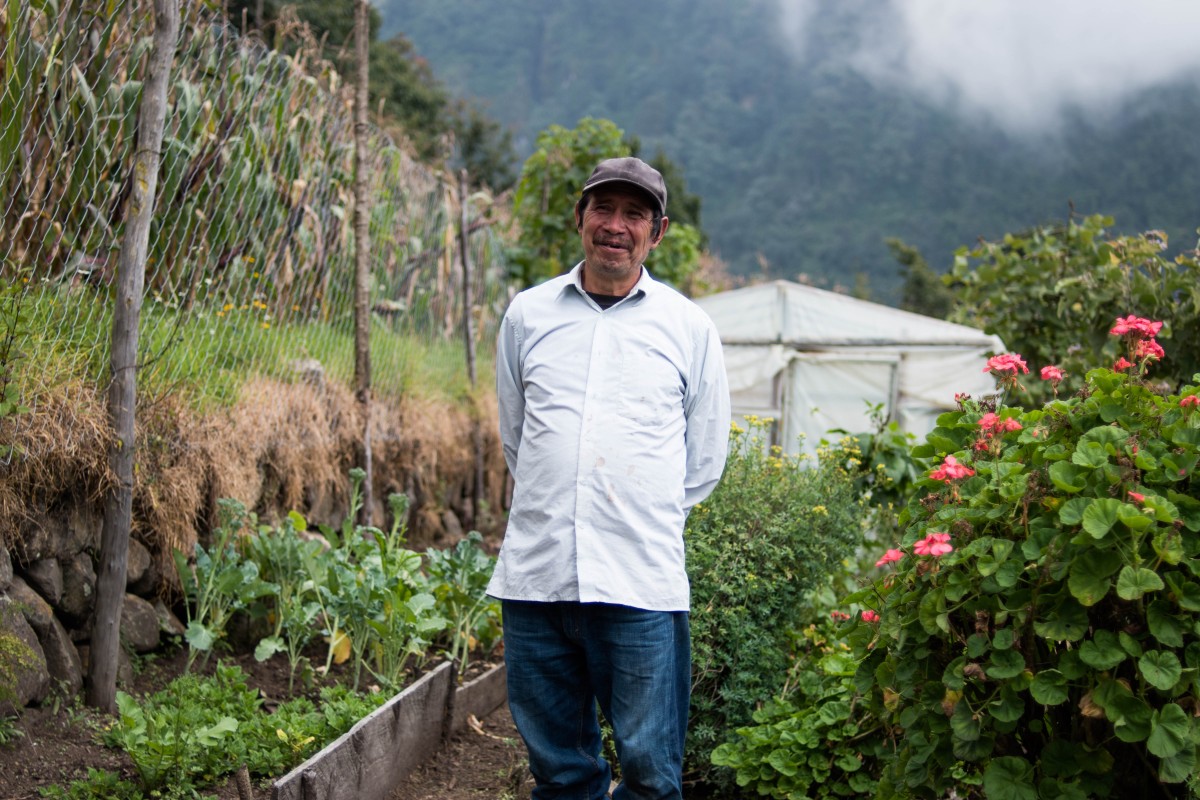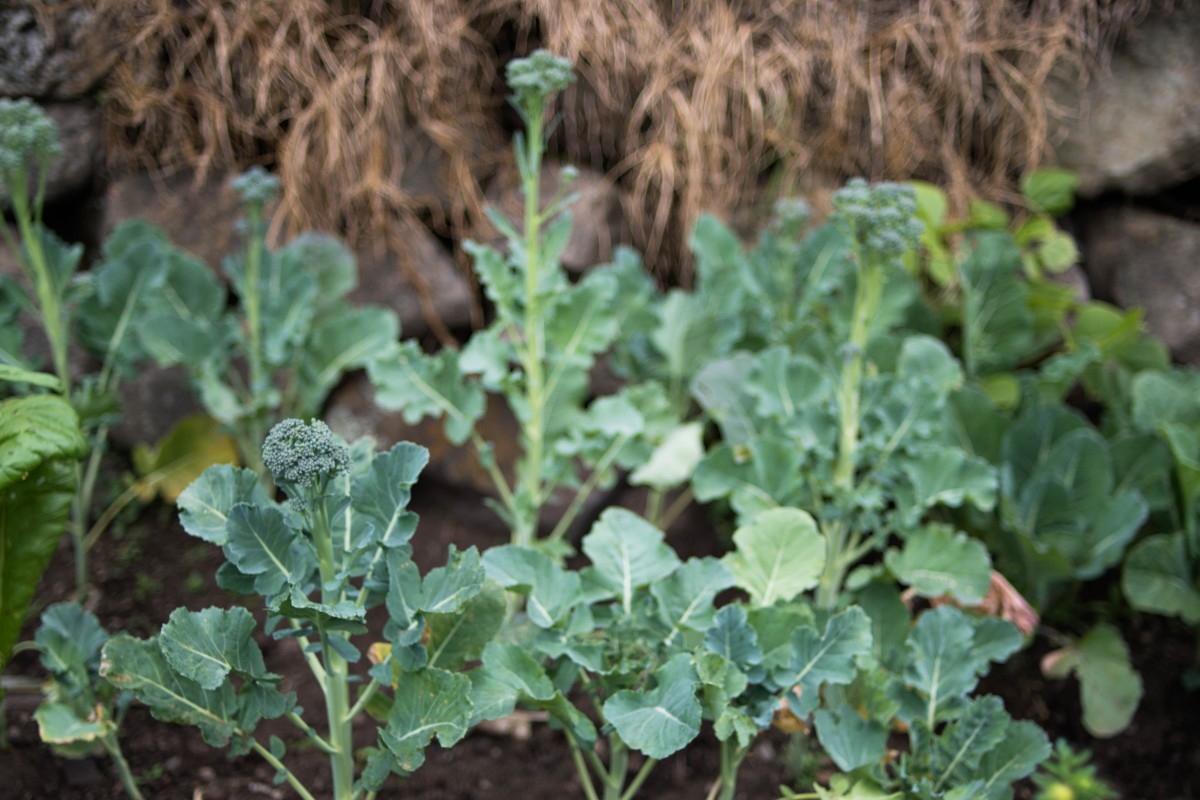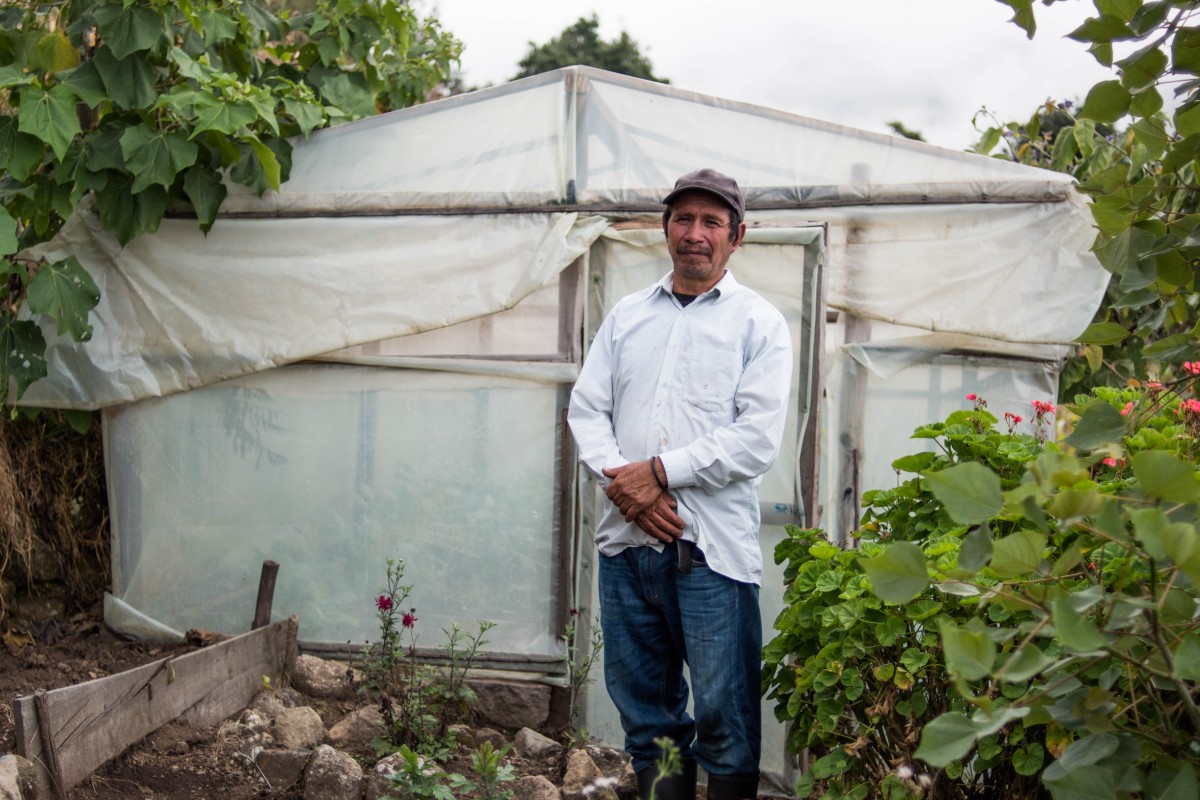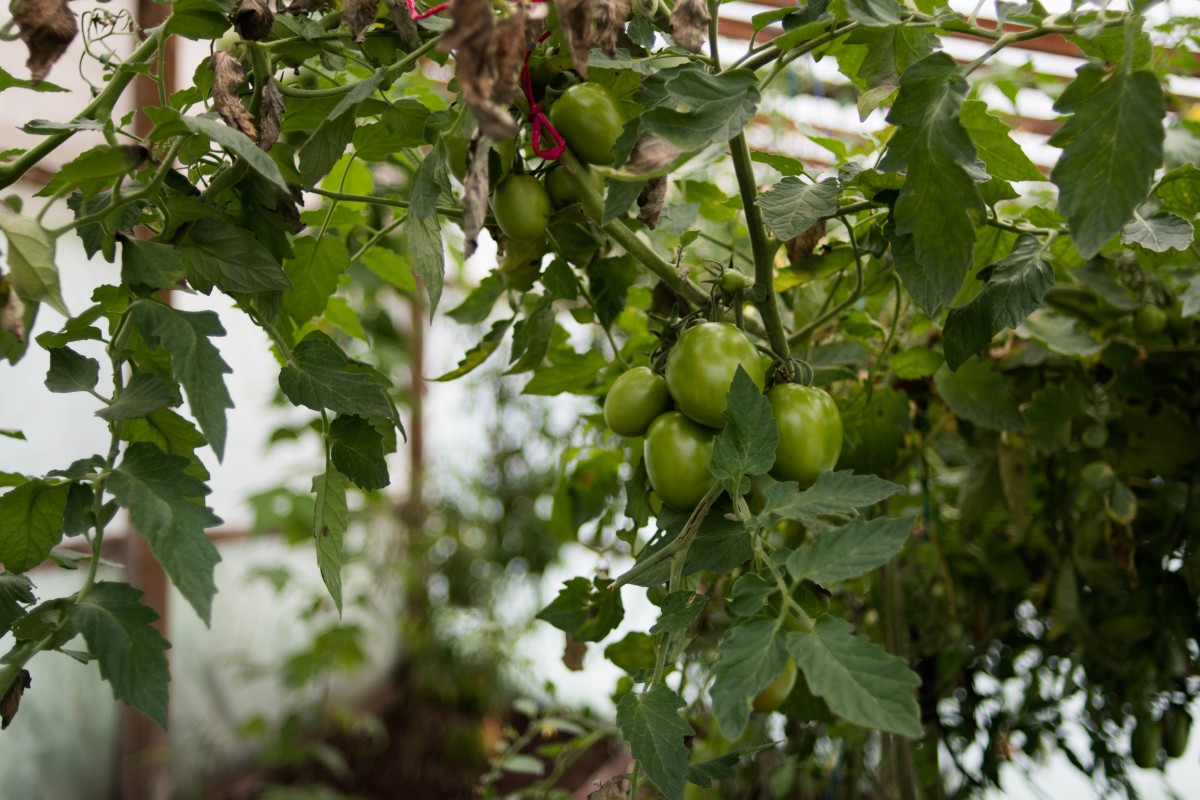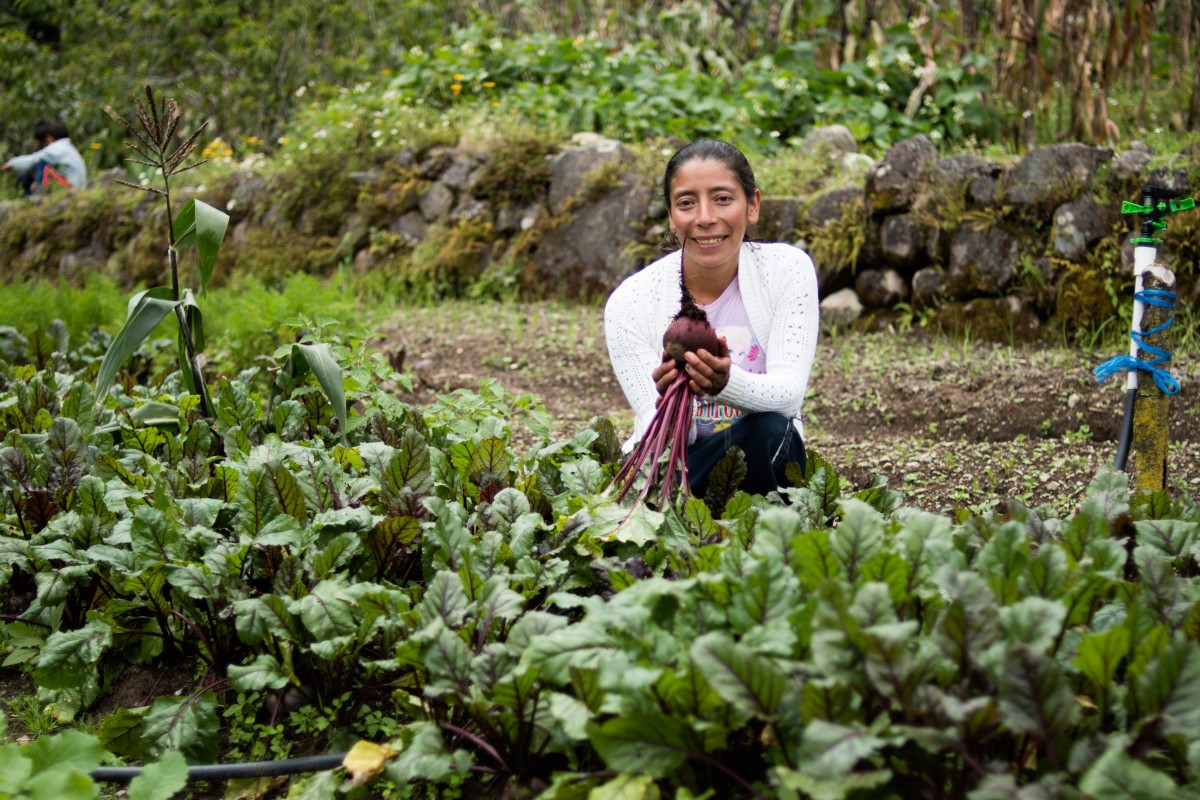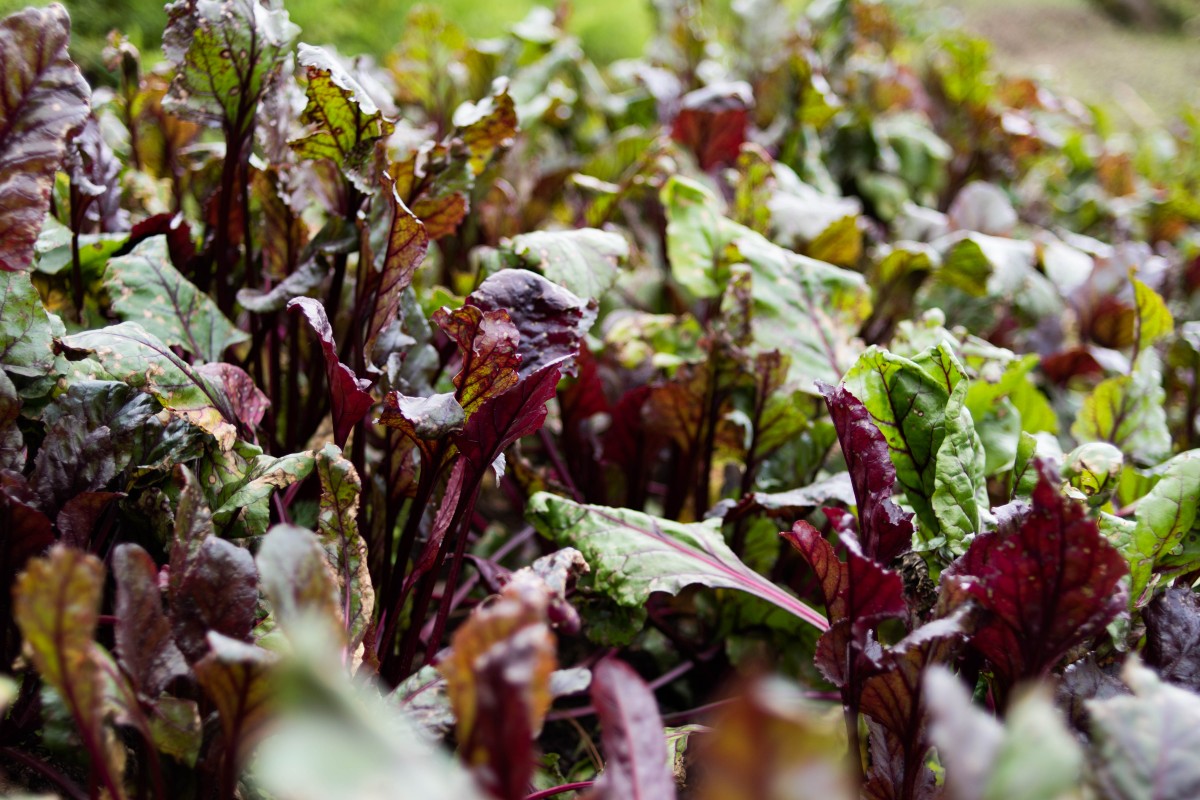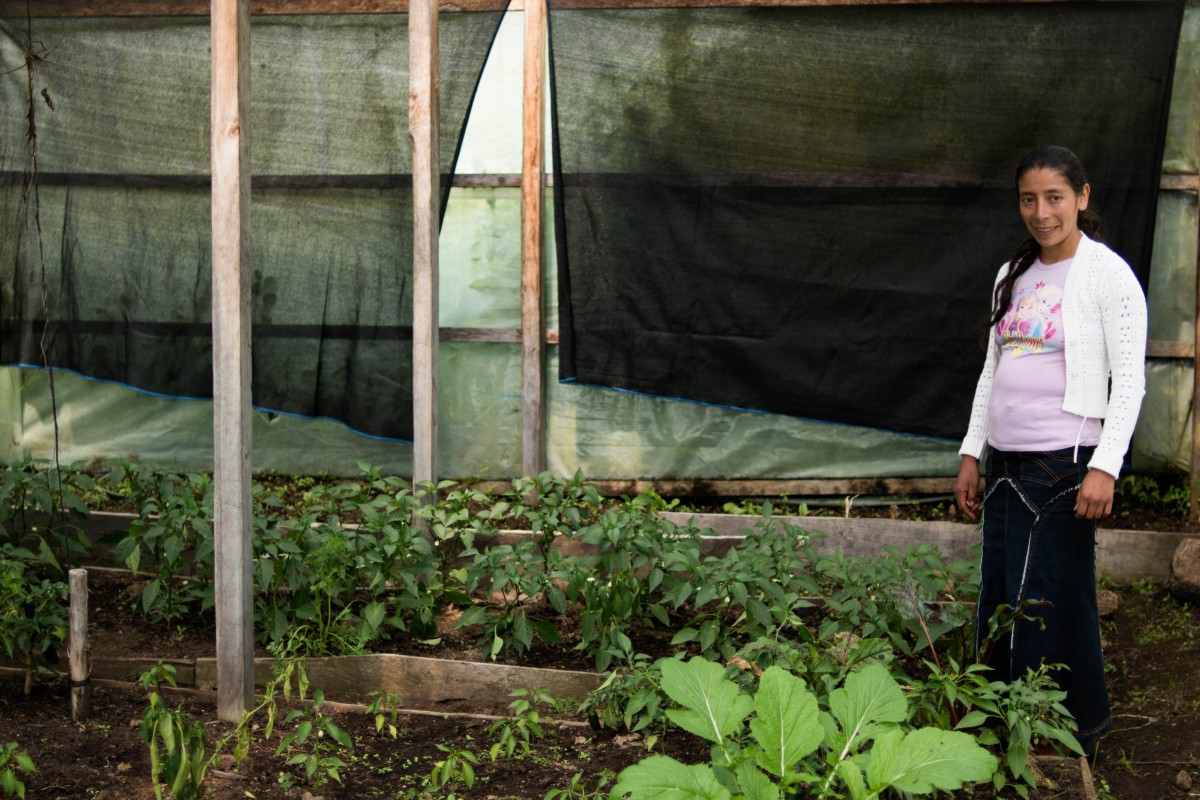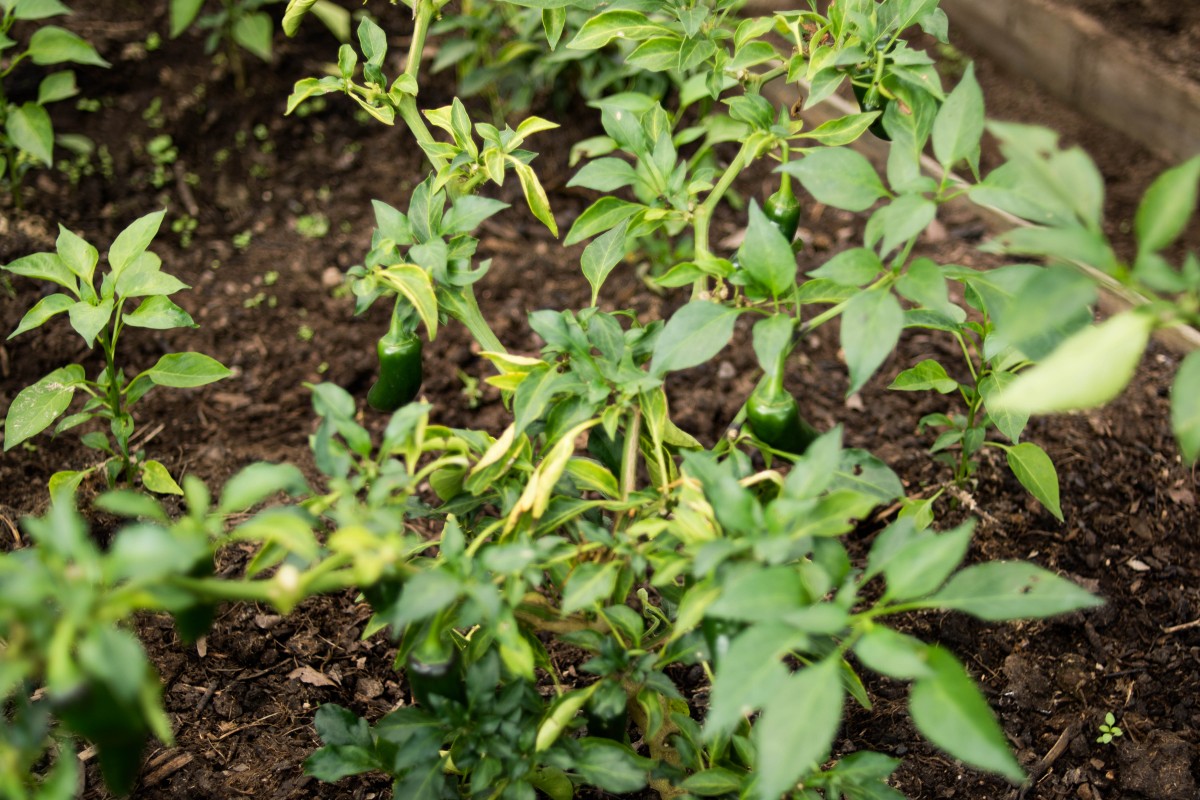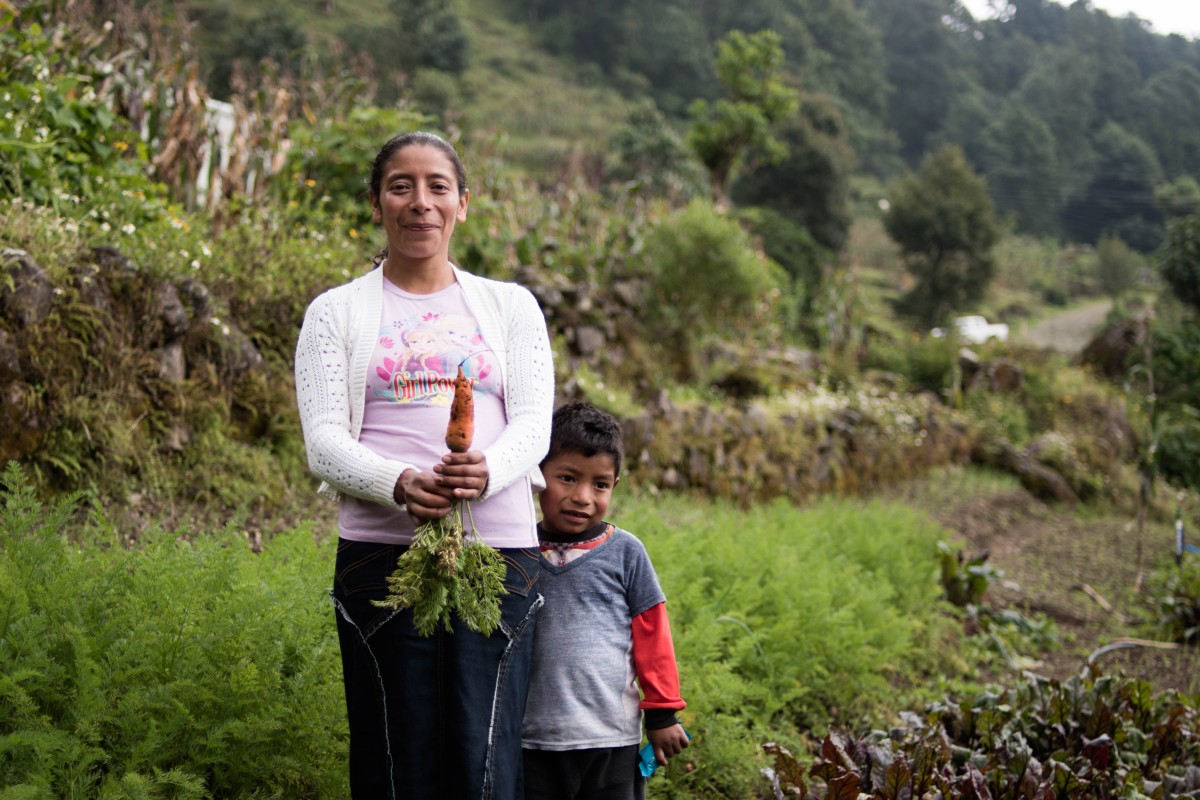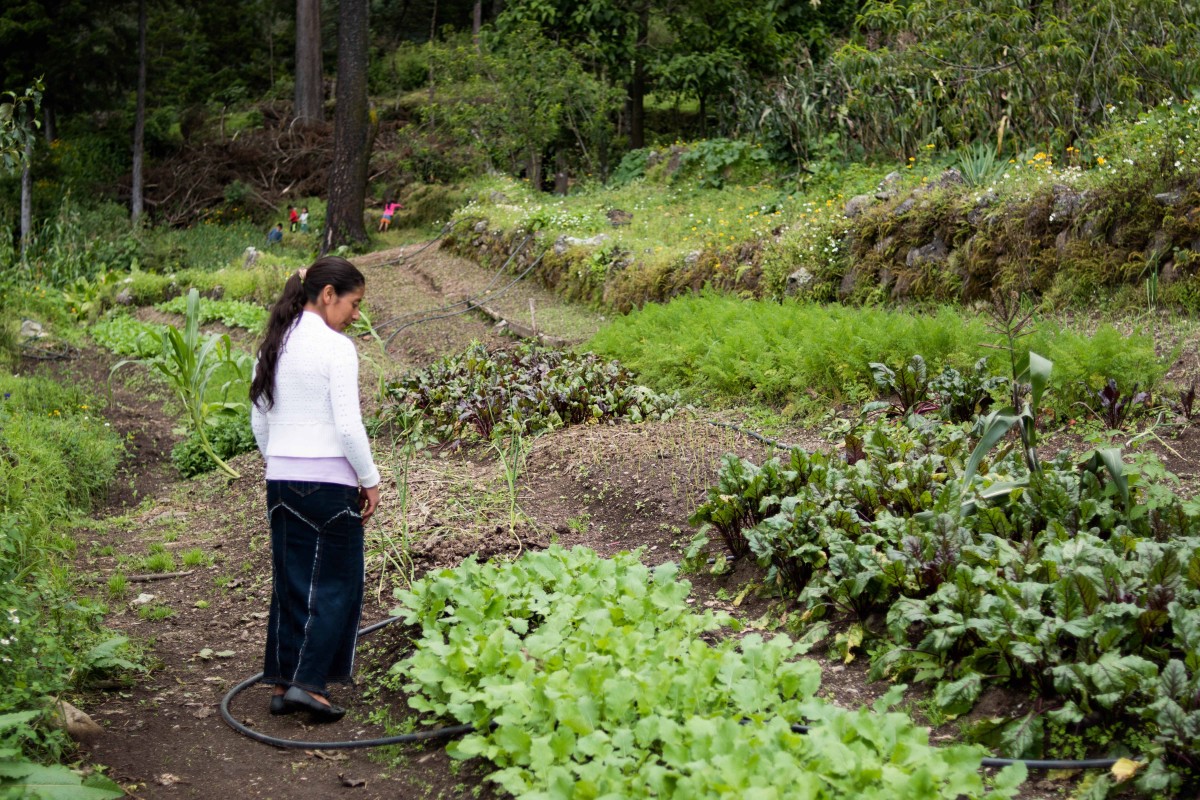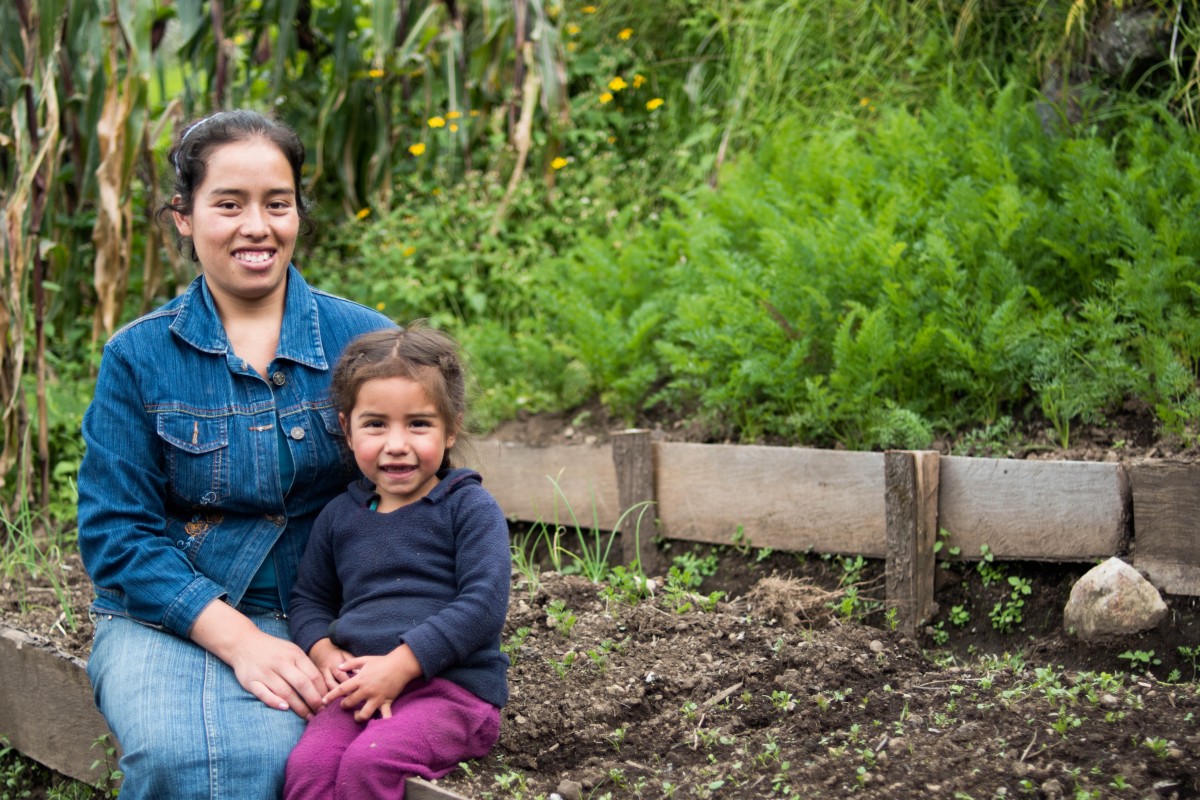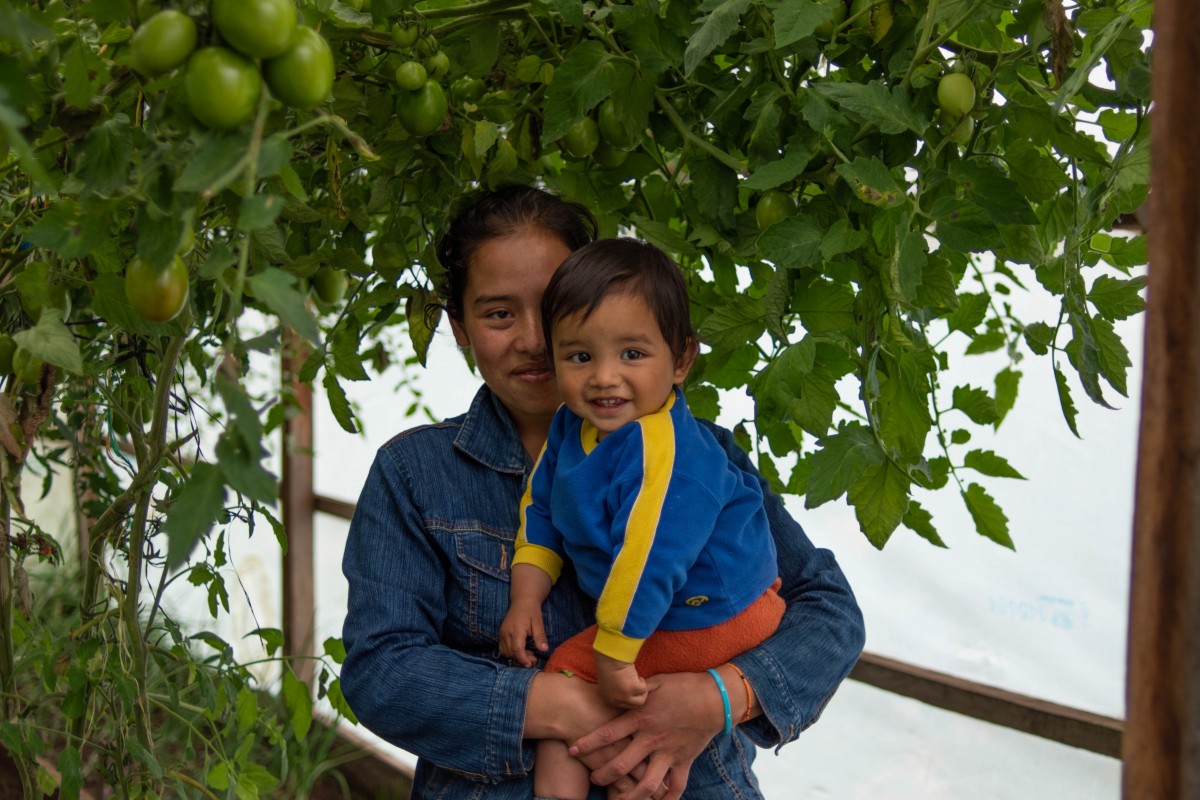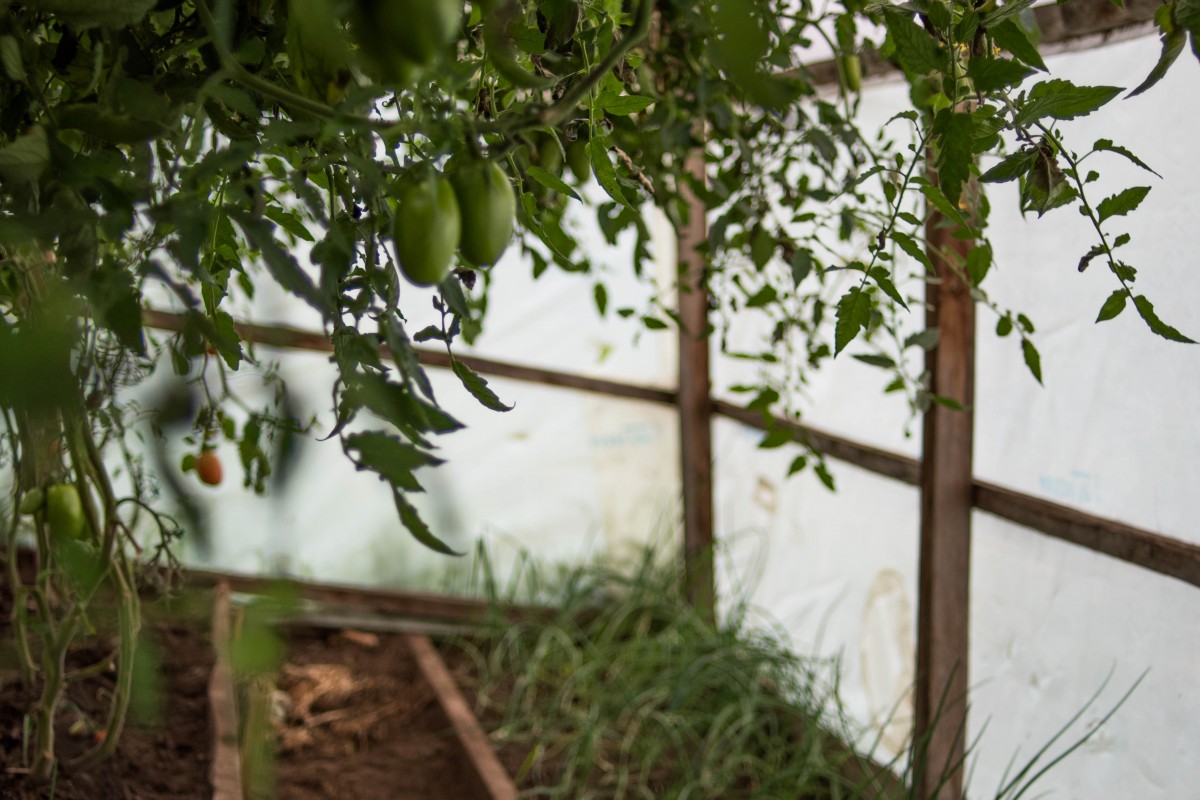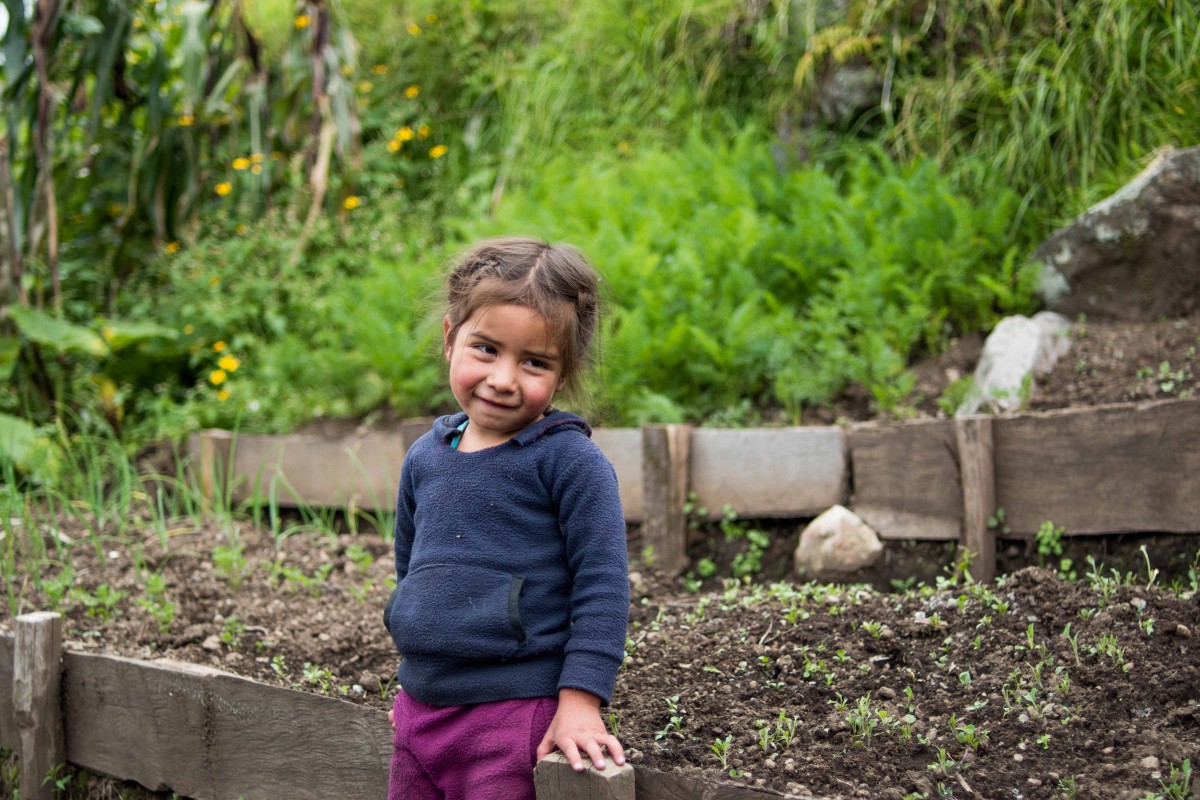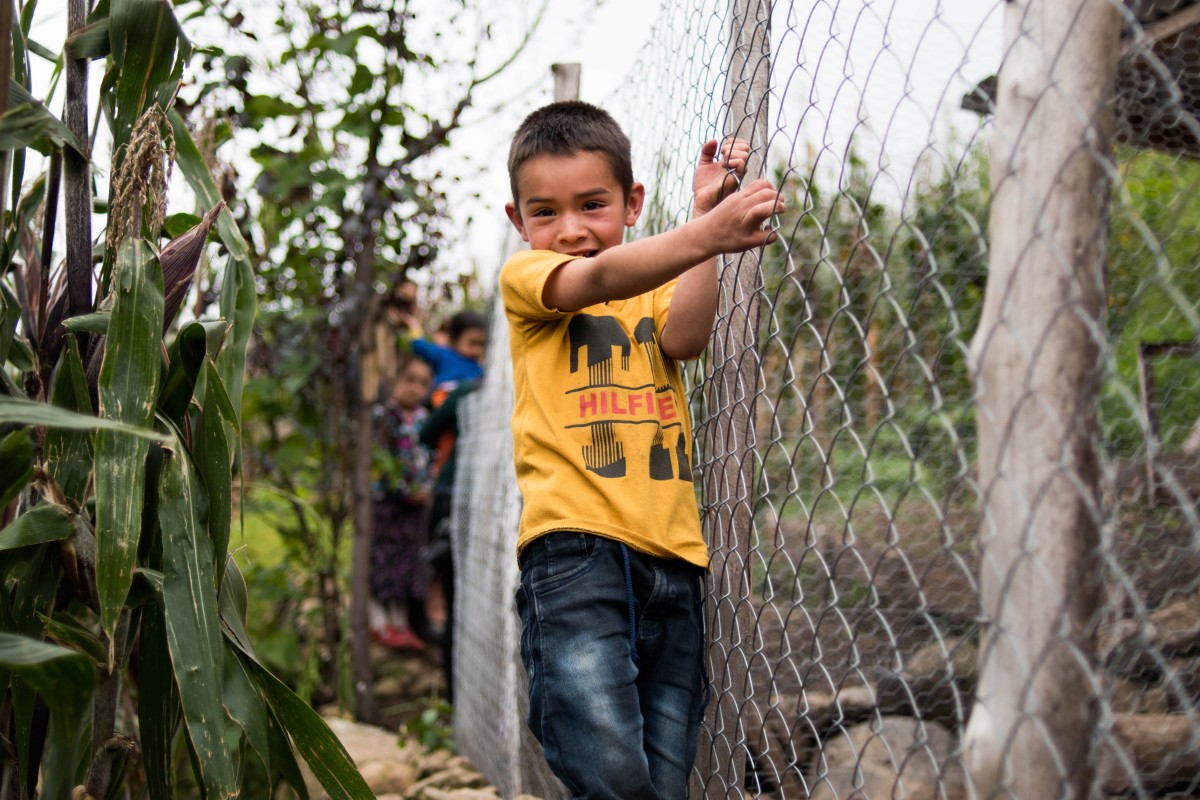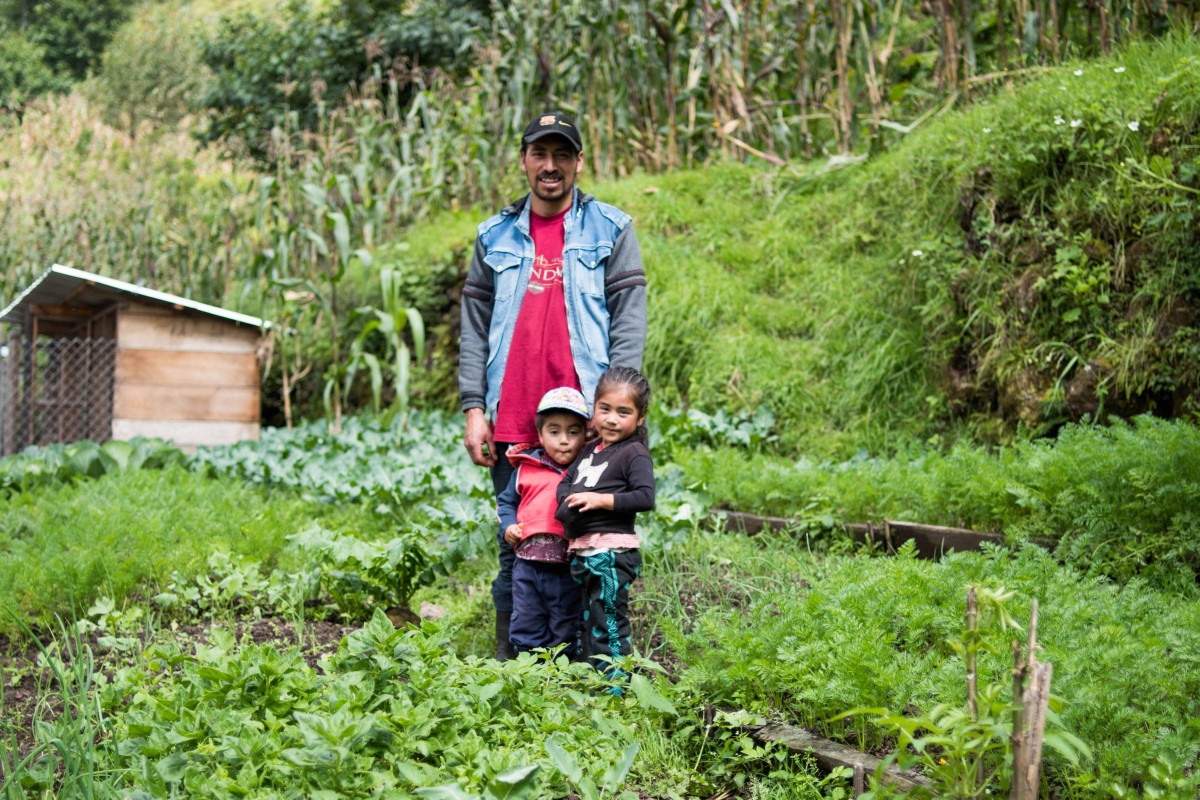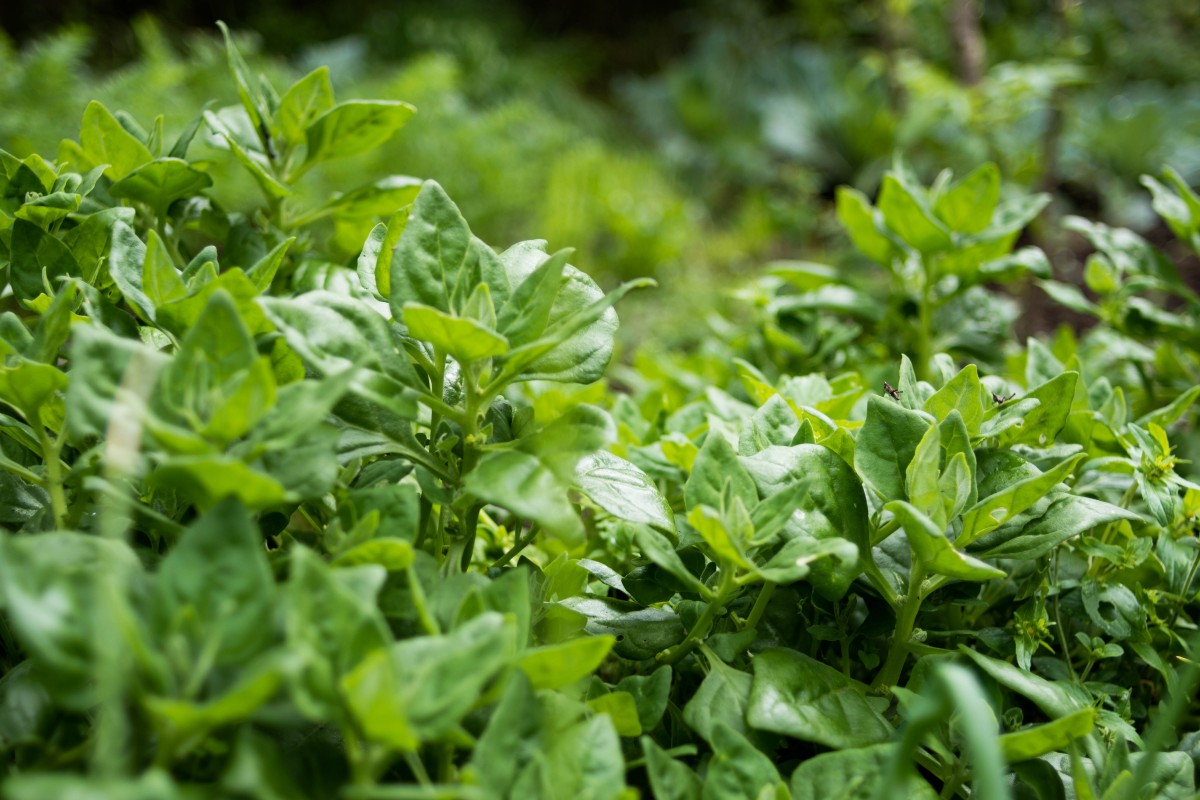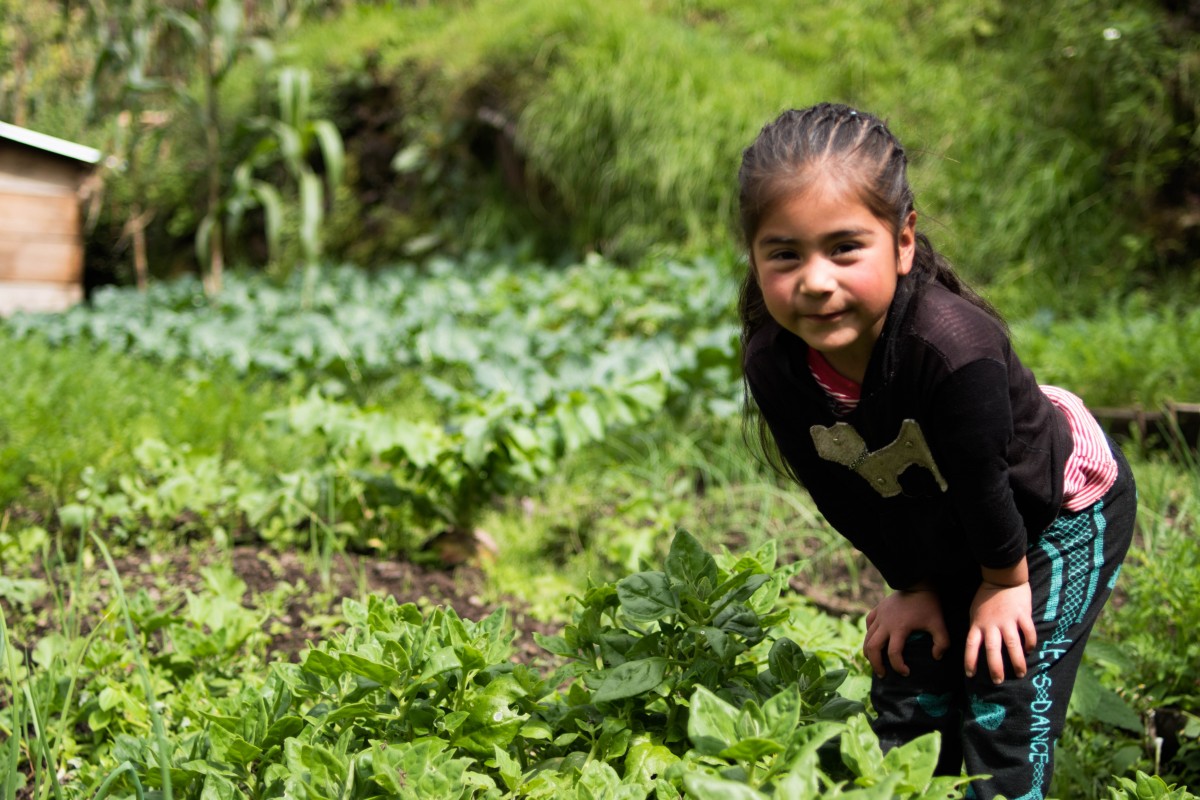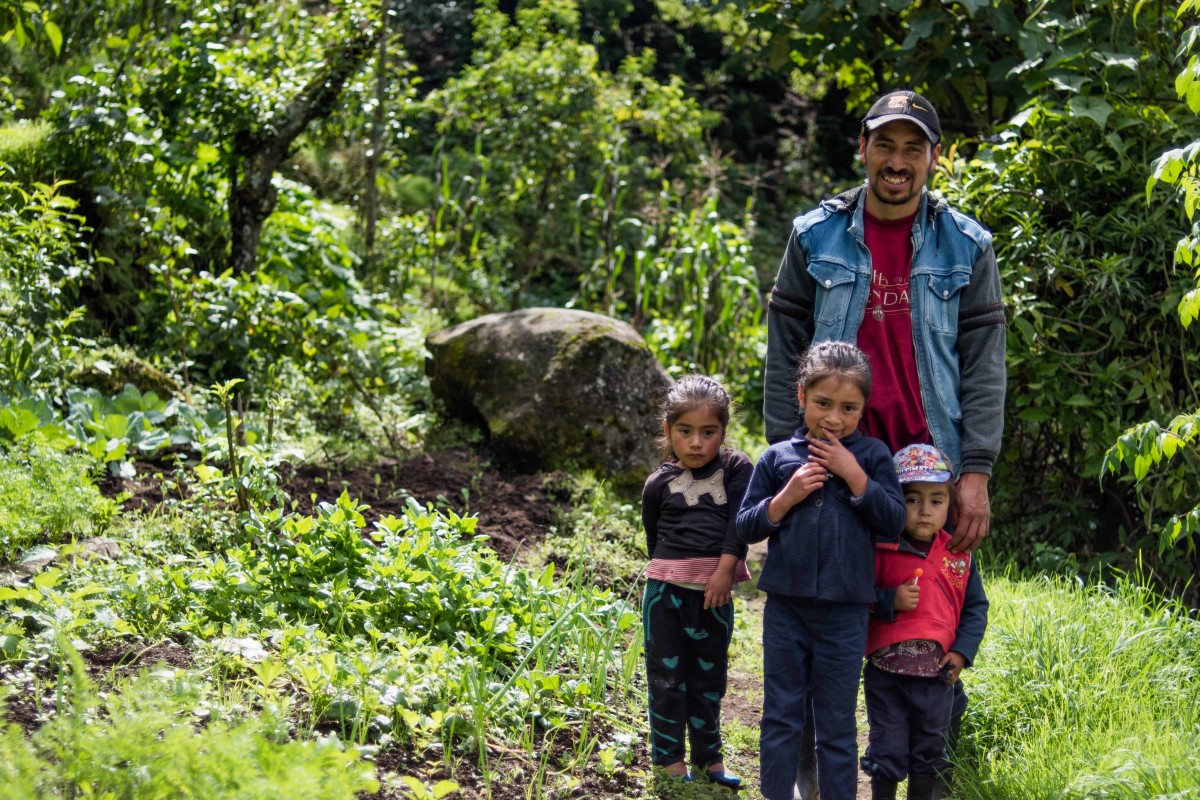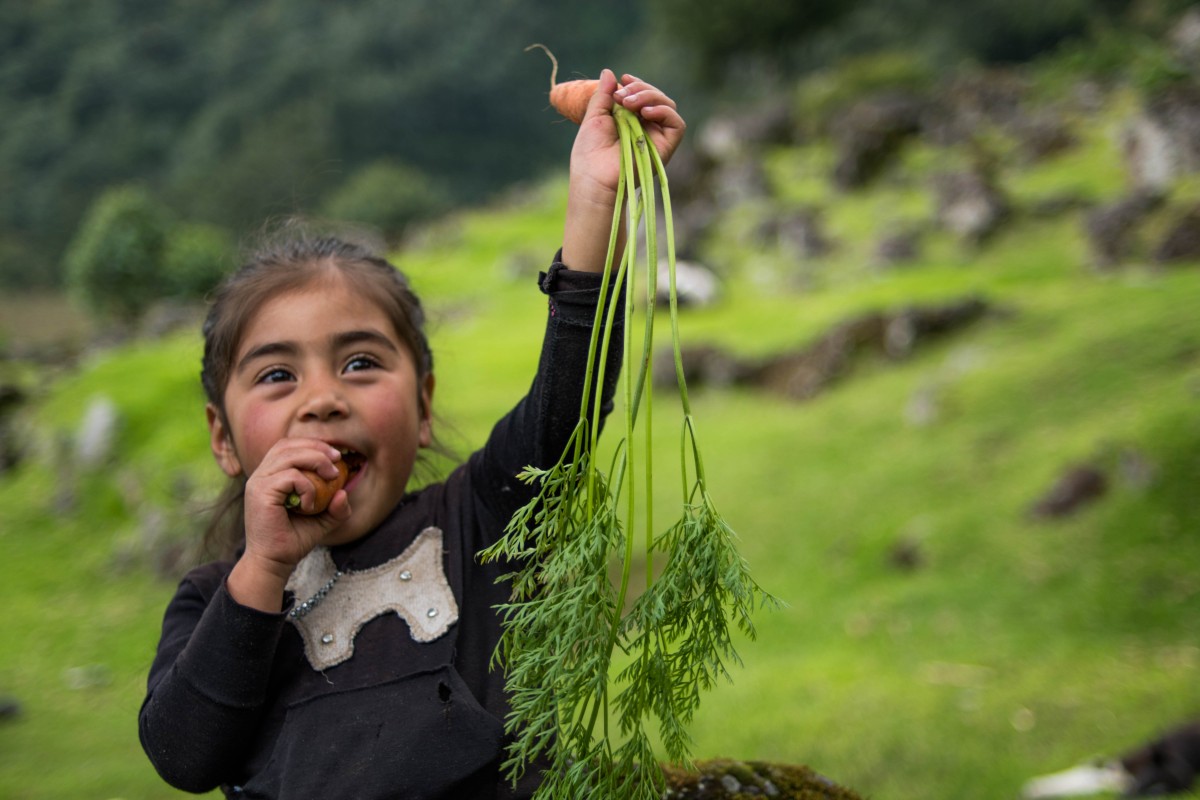Family and Community Gardens Project

Since 2013, Habitat for Humanity alongside the Chilean NGO, América Solidaria, Fondo Solidario e Inversión Social (FOSIS), Ciaspe, México and with support from AGCI, began the “Family Gardens Project” whose main aim was to contribute to the improvement of communities living with malnutrition and poverty, through the implementation of family and community gardens.
The project was executed in three communities. It was started in 2013 in Aldea Macalajau, Uspantán, Quiché and in 2014 in the community of Canaque, San Marcos. In 2016 we started working in the community of Calanté, Uspantán, Quiché. Over 150 families have been beneficiaries of this project. They have incorporated healthy and sanitary habits like: harvesting their own food, handwashing, correct cleaning of vegetables and fruits, water treatment for consumption and how to have a better and healthier alimentation.



During these years, we have received 39 international professional volunteers from: Chile, Bolivia, Argentina, Uruguay, Mexico, Colombia and Guatemala. Additionally, we had the support of local Habitat staff, who were living and working in the communities through the implementation of different trainings. These volunteers and staff were a fundamental part of the adequate functioning of the project.
Among the results gathered in the communities are:
Canaque, San Marcos:
- Community and family gardens were oriented to the organic production of vegetables and seeds, allowing sustainability.
- Several members of the project were motivated to keep on improving and creating the “Bio-fabrica” – a bio-factory in which they prepare and sell different organic products for crops.
- Malnutrition rate descended by 52%


Macalajau, Uspantán, Quiché:
- 66% of families incorporated vegetables to their daily alimentation, three times a day.
- Different trainings of literacy and expression, which were important tools for the exchange of experiences and alliances with other actors.
- Implementation of breastfeeding up to six months.
Calanté, Uspantán, Quiché
- The relationship between the community school and the health center was established in order to have several trainings and activities together, and further provided an improvement rate of 80% in healthy habits for children.
- Improvement of community and family gardens with organic products.
- Generation of networks with different organizations to continue the work.
After six years of working alongside these communities, we are closing a chapter as the implanting organizations of this project, but we are opening a new one: for the communities that are ready to continue their journey towards a healthier lifestyle for their families.




